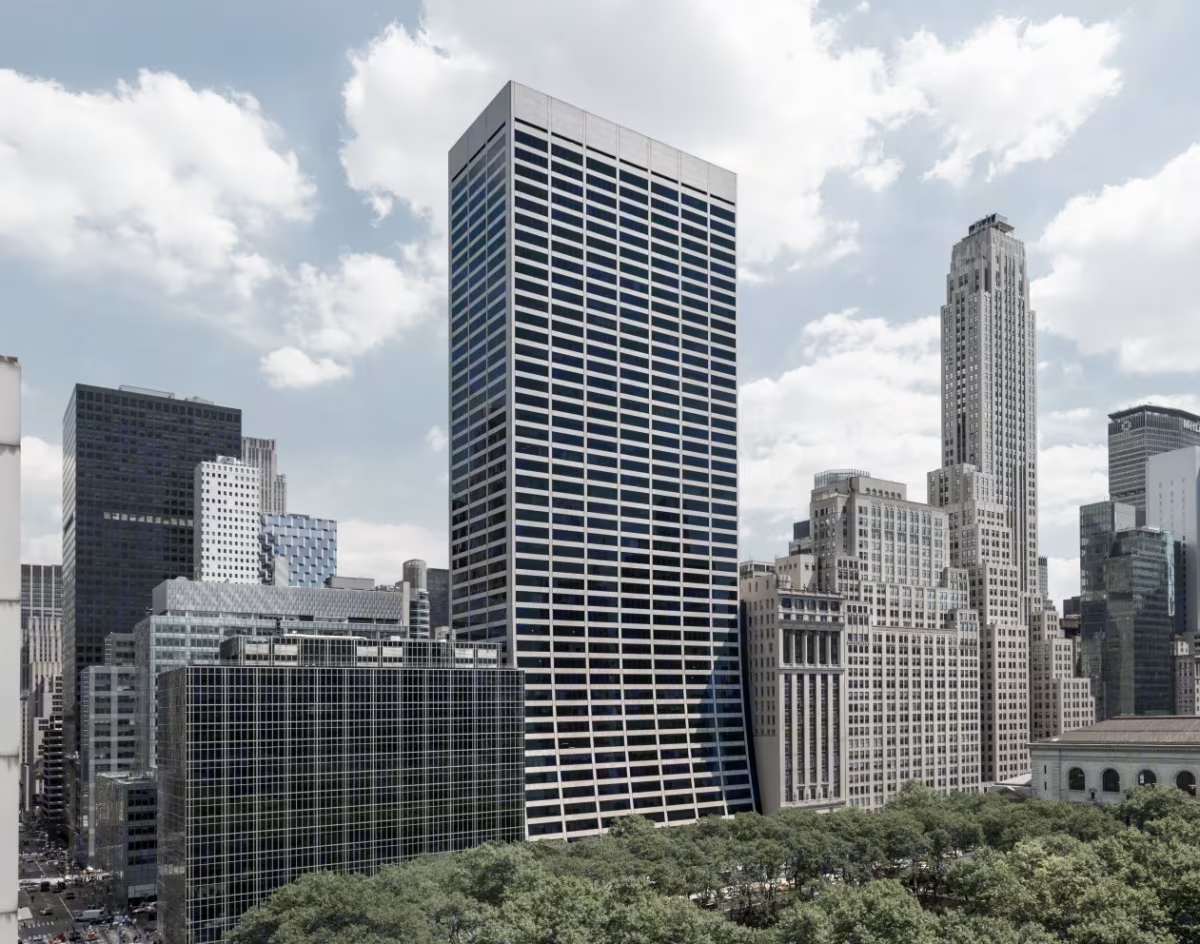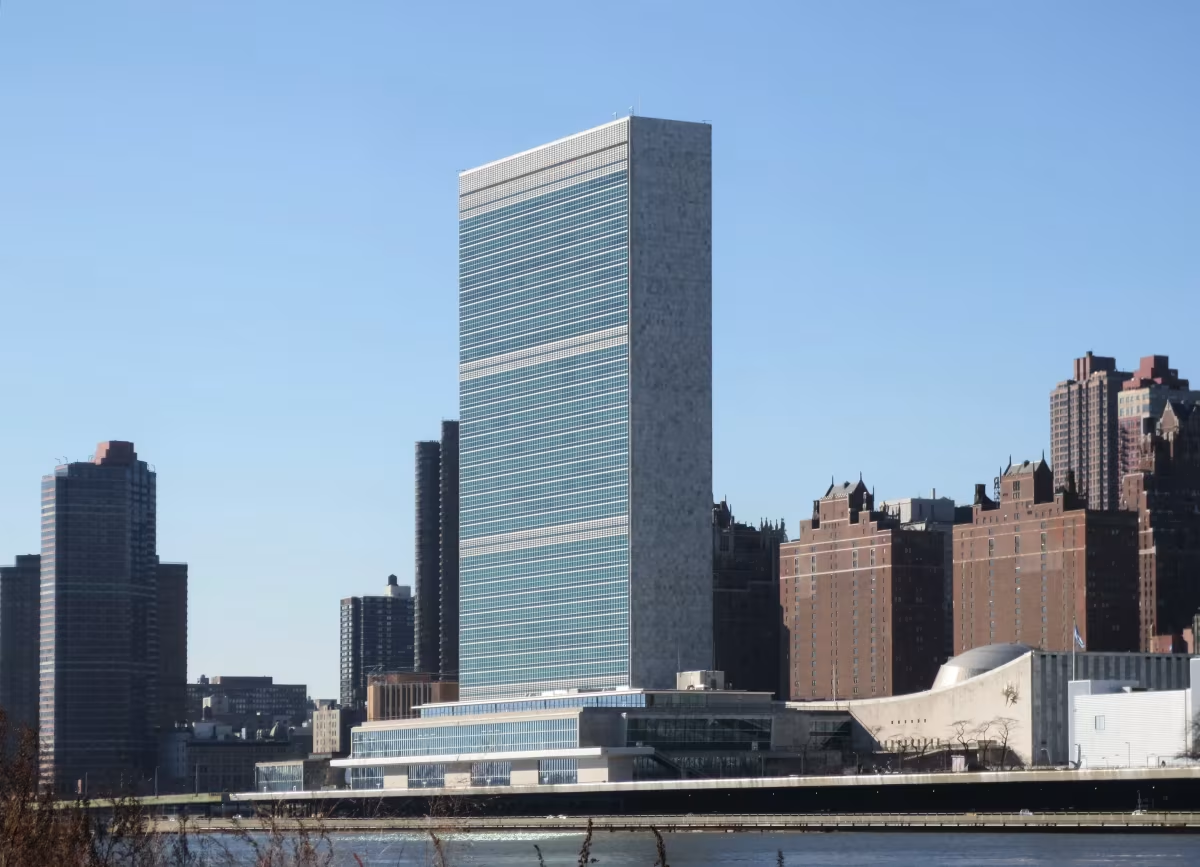W. R. Grace Building vs United Nations Secretariat Building


Comparing the W. R. Grace Building and the United Nations Secretariat Building is interesting because they both rise in New York, NY, yet they were conceived by two different design teams, Skidmore, Owings & Merrill and Wallace Harrison, and were completed at different points in time. They were finished over two decades apart.
This contrast within the same city allows us to see how different creative minds interpreted the evolving needs of New York across time.
Let's take a closer look!
Height & Size
The W. R. Grace Building is clearly the larger tower of the two, both in terms of height and number of floors. It rises to 630ft (192m) with 50 floors above ground, while the United Nations Secretariat Building reaches 505ft (154m) with 39 floors above ground.
Of course, each project may have faced different briefs or regulatory constraints, which we don't really know about and could also explain the outcome.
Architectural Style
Both the W. R. Grace Building and the United Nations Secretariat Building were designed in line with the aesthetic conventions of the International Style style.
The W. R. Grace Building was designed at a moment when the International Style style was already in decline, making it more of a lingering expression of the movement. In contrast, the United Nations Secretariat Building style was already in decline, making it more of a lingering expression of the movement. In contrast, the United Nations Secretariat Building was built when the style still carried greater cultural weight.
Uses
The W. R. Grace Building is primarily commercial, while the United Nations Secretariat Building is primarily governmental.
Both towers provide significant parking capacity, with W. R. Grace Building offering 185 spaces and the United Nations Secretariat Building offering 1500.
Structure & Facade
Both the W. R. Grace Building and the United Nations Secretariat Building rely on a Frame structural system.
A frame structure uses a grid of columns and beams to carry the building's loads. This frees the walls from structural duties, allowing for flexible floor plans and larger windows.
They also employ the same type of facade, a Curtain Wall facade.
A curtain wall is a non-load-bearing facade hung from the structural frame. It is anchored to floor slabs and transfers only its own weight and wind loads, allowing for sleek, glassy exteriors.
| W. R. Grace Building | United Nations Secretariat Building | |
|---|---|---|
| Skidmore, Owings & Merrill | Architect | Wallace Harrison |
| 1970 | Construction Started | 1949 |
| 1974 | Year Completed | 1951 |
| International Style | Architectural Style | International Style |
| Commercial | Current Use | Governmental |
| 50 | Floors Above Ground | 39 |
| 2 | Floors Below Ground | 3 |
| 192 m | Height (m) | 154 m |
| Frame | Structure Type | Frame |
| Steel | Vertical Structure Material | Steel |
| Concrete, Steel | Horizontal Structure Material | Reinforced Concrete |
| No | Facade Structural? | No |
| Glass, Stone, Steel | Main Facade Material | Glass, Marble |
| NY | State | NY |
| New York | City | New York |
| 1114 6th Avenue | Address | 750 1st Avenue |